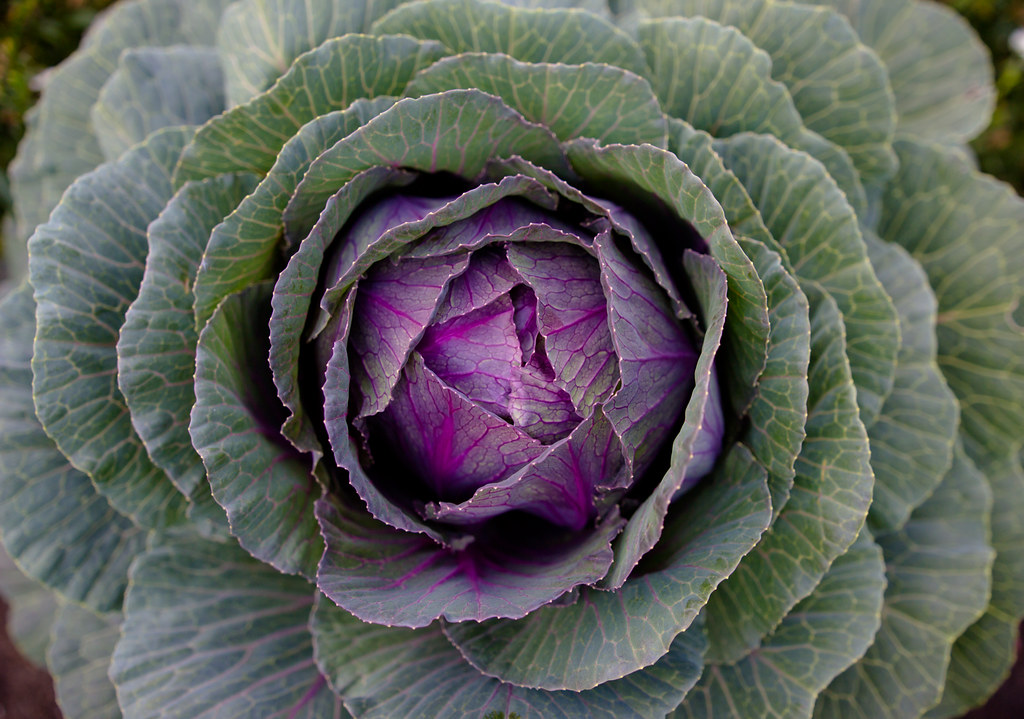Spring is coming and so is fresh produce. While dining halls may offer cut melon for breakfast, a salad bar for lunch, apples and bananas to grab as snacks, and steamed veggies for dinner, it seems as if students don’t have access to in-season, locally grown produce. Spring semester is a good time to get out and see what your state has to offer.
Browsing local farmer’s market will be a good way to soak up the spring sun, and eating in-season produce will help to maximize flavor and nutrients. Here are the fruits and veggies N.C. Students should be eating to finish off spring semester healthy and strong.
March

In North Carolina, March begins the seasons for asparagus, mushrooms, and leafy greens like collards.
You may have fought your mom about eating these veggies when you were younger, but asparagus is packed with fiber, and vitamins A, C, E and K. Whether you’re roasting, browning, or enjoying your asparagus in the form of a fry, be sure to add some to your diet this spring.

Eating mushrooms at the peak of their season will provide iron, copper, and potassium. Try these mushrooms stuffed with spinach-artichoke dip, this mushroom flatbread made with truffle oil, or a delicious mushroom and arugula pasta

Collards are no stranger to Southern cooking, but March begins the greens season in North Carolina. Greens like collards are high in nutrients like calcium and iron, and low in calories. Get your true North Carolina on and try this southern staple for breakfast.
April

April marks the onset of broccoli, lettuce, and mustard green season in North Carolina.
Broccoli is President Obama’s favorite food for a reason: it’s a great source of fiber, calcium, and vitamin B. Try these cheesy broccoli tots, this lemony steam-roast, or this broccoli and sausage mac and cheese.

Lettuce contains moisture, energy, and sugars that your body needs to fuel itself through the day. Eat more in-season lettuce this spring with these Thai chicken wraps, or by replacing your tortillas with fresh lettuce in your favorite taco recipe.

Mustard Greens are full of antioxidants and are known to help lower cholesterol and detoxify your bloodstream. Switch out your normal salad greens with this super-food this spring.
May

Beets, blueberries, and bok choy oh my. May’s in-season crops also include cabbage, green peas, and kale.
Beets are high in immune-boosting vitamin C, fiber, and other essential minerals. Eat more beets this season with beet and barley risotto, beet hummus, or a classic beet and goat cheese salad.

Blueberries can lower cholesterol and lower the risk of heart disease. Eat a handful fresh as a snack, or bake a blueberry crisp. Feeling adventurous? Try a blueberry-basil sorbet, or a blueberry-blackberry mojito.

Bok choy is a type of Chinese cabbage with leafy green leaves full of nutrients and low in calories. Enjoy in stir-fry, make your own Ramen bowl, or simply steam away.

Cabbage is an excellent source of vitamin K, vitamin C, and vitamin B6, and is also known as a weight loss aid. Add more of this into your diet with this Asian fusion salad, colorful raw tacos, or homemade coleslaw.

Another veggie fresh in May, are green peas which are filled with vitamin K and healthy dietary fiber. Pop some peas into this quinoa recipe or into this avocado spread.

Kale is a super-food for many reasons: its low in calories, high in fiber, and has zero fat. It also aids in digestion and contains tons of nutrients. Make a kale salad, a delicious green juice or smoothie, or this savory pasta dish.
With Spring break just around the corner, our college diets are ready for the health benefits of eating locally grown, in-season produce. While some farmer’s markets may not open until April, be sure to check out grocery stores for North Carolina grown options. Whether you’re at Elon, Chapel Hill, NC State, or Duke, there are a ton of local options to eat fresh this spring.


